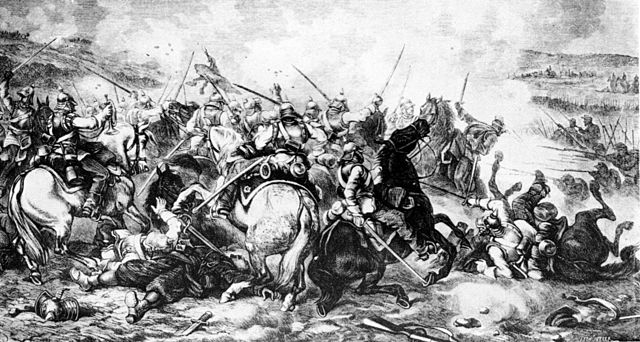
La sœur des anges: an Interactive Occitan AAR
Un jour son image chérie
S’étendra sur tout l’univers.
Peuples, vous briserez vos fers
Et vous aurez une Patrie!
Introduction and Rules
The Franco-German War
Elections of 1880
The Election of 1880: Conclusion
Last edited:



